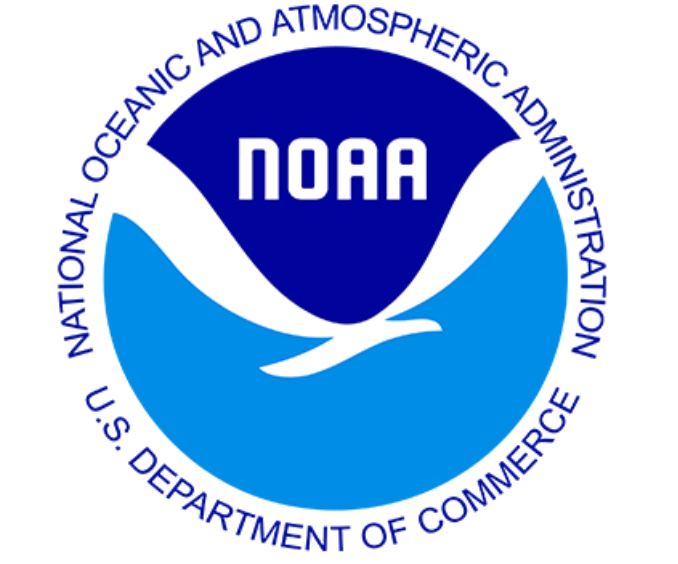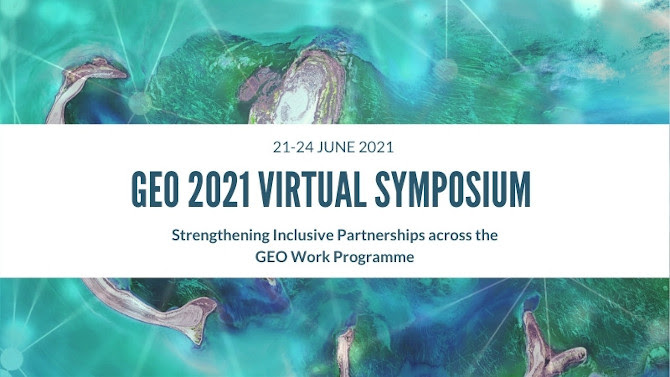This position will work out of Honolulu, HI – this is not a remote position.
The Joint Institute for Marine and Atmospheric Research (JIMAR) is currently recruiting for a permanent Researcher position to work with NOAA’s CoastWatch/OceanWatch/PolarWatch Program (https://coastwatch.noaa.gov/cw/index.html) who will be based at the Pacific Islands Fisheries Science Center’s Ecosystem Sciences Division in Honolulu, HI. The Researcher will manage the OceanWatch satellite remote sensing datasets and data platforms (website, THREDDS, ERDDAP) and will also have the opportunity to conduct original research for the creation of new and value-added oceanographic and climate products derived from satellite remotely sensed data and from atmosphere-ocean general circulation models. Developing, managing, and conducting OceanWatch outreach and education activities is also an important aspect of the position.
Primary qualifications include a PhD from an accredited college or university in Oceanography, Marine Biology, Climate Science, or Mathematics and professional experience working with satellite remotely sensed oceanographic data or climate products to quantitatively derive information about biological physical or oceanographic phenomena. A Master’s degree from an accredited college or university and at least five (5) years of relevant work experience in the above fields may substitute for a PhD.
DEADLINE: Please note the deadline to apply is 05/28/2021
Dr. Brittany Huntington is the hiring manager. More information about applying to this position can be found by navigating to www.rcuh.com and clicking on “Job Postings” and Project Name “JIMAR” (ID# 221226). Please note applicants must be US citizens or permanent residents.
More information about the Ecosystem Science Division can be found at: https://www.fisheries.noaa.gov/pacific-islands/ecosystems/surveying-vast-pacific-ocean.






